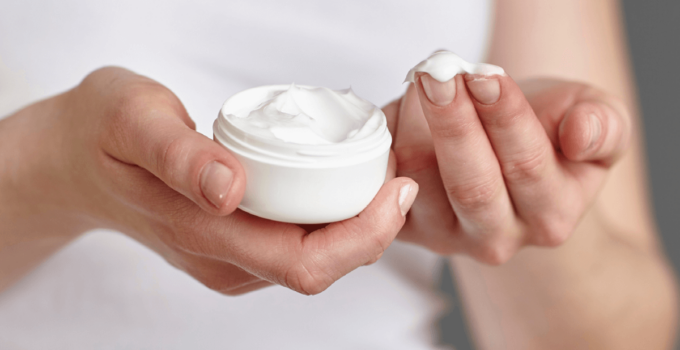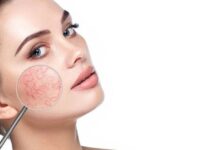A growing understanding of natural peptides and their processes has led to the development of a wide range of synthetic peptides for the cosmeceutical industry. These peptides function by inhibiting or agonizing particular targets.
This article explores the primary peptide groups currently being developed or made available for topical cosmeceuticals. Also, learn what future research work is needed to advance peptides in the cosmetics industry.
Page Contents
Signaling Peptides
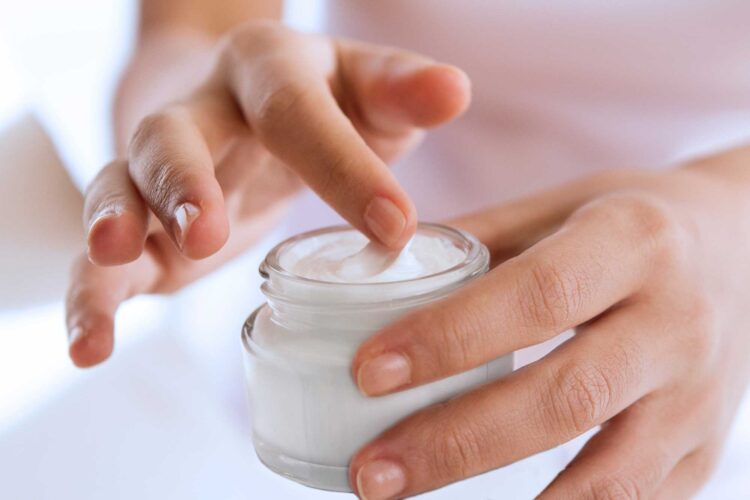
Source: cpcscientific.com
Several peptides can initiate a signaling cascade. They get free of the extracellular matrix and promote the growth of several protein types crucial to the skin’s structure and functionality. The cosmetics sector has, therefore, employed synthetic peptides based on repair signaling sequences to create skincare solutions.
Neurotransmitter Inhibitor Peptides
Skincare advantages are associated with neurotransmitter inhibitor peptides. Synthetic peptides can imitate similar effects by operating through the muscle contraction mechanism. Given this, many cosmetic companies now buy peptides of this kind to do more research and make their products as powerful and effective as possible.
Antimicrobial Peptides
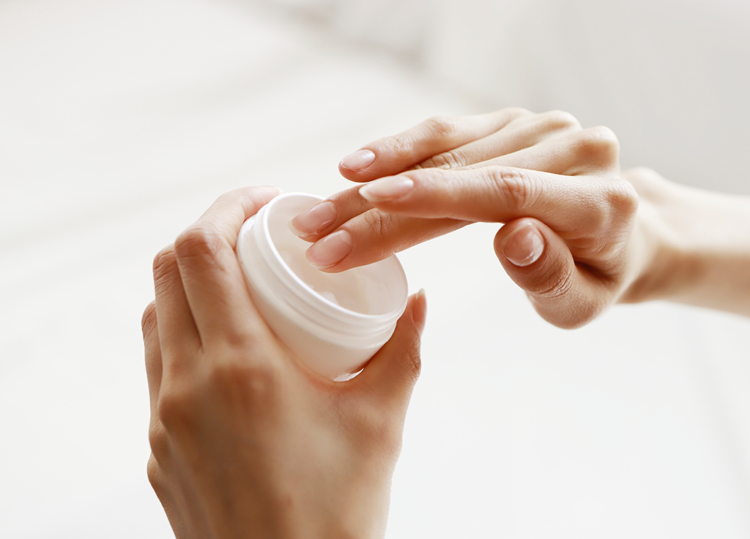
Source: newbeauty.com
The industry has placed a lot of emphasis on biotechnological interventions using genetic engineering and synthetic biology techniques for increased AMP synthesis, given the limited bioavailability of relevant AMPs in nature.
Peptide In Cosmeceutical: The Need For Future Research Work
Peptide discovery, synthesis, and optimization have been the subject of much research to address shortcomings such as low stability and membrane impermeability in vivo. Nowadays, synthetic peptides are extensively employed in the cosmeceutical industry.
Numerous studies unveil the range of potential topical cosmetic uses for the biologically active peptides for the skin, and there is an expanding body of data that backs up their stability and safety. Nonetheless, the field will gain from gaining a deeper understanding of the many compounds and the physiological concepts that underpin their application.
This should entail precisely characterizing each peptide for use in cosmetic or medicinal applications and determining its mode of action and effects. Most of the time, research on how various synthetic peptide types affect the skin microbiota is still pending. A preserved or enhanced healthy skin environment will likely benefit the microbiome. Still, further studies may uncover novel effects of peptides on skin microorganisms (beyond their antimicrobial qualities).
Synthetic peptides may now be produced effectively and consistently on a wide scale thanks to the single and combined application of chemical and biological recombination synthetic methods. Additional site-specific modifications can be made via chemical synthesis or genetic code expansion to improve the stability and physiological activity of these peptides.
However, combining cutting-edge techniques and novel technologies with tried-and-true peptide discovery methods like phage display and rational design offers a promising way to quickly develop and produce efficient and targeted lead peptides, which may pave the way for creating a new generation of peptides.
Conclusion
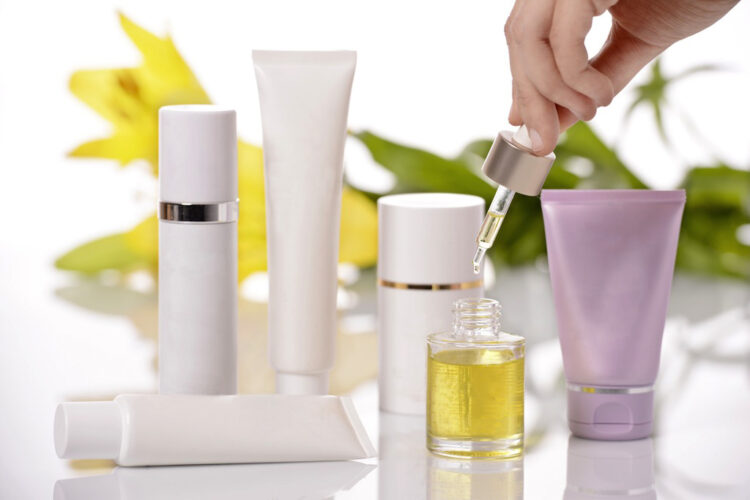
Source: fmiblog.com
The cosmetics business has come to rely on synthetic peptides. Research in the cosmetics business has concentrated on anti-aging skin therapy because of changes in demographics and the desire of the aging population to preserve a youthful appearance and way of life.
Over thirty peptides are currently found in anti-aging skin care products, with numerous others under development. Leading the field in synthetic peptide production, Lotilabs maintains enduring relationships with significant companies in the pharmaceutical and cosmetic sectors.

